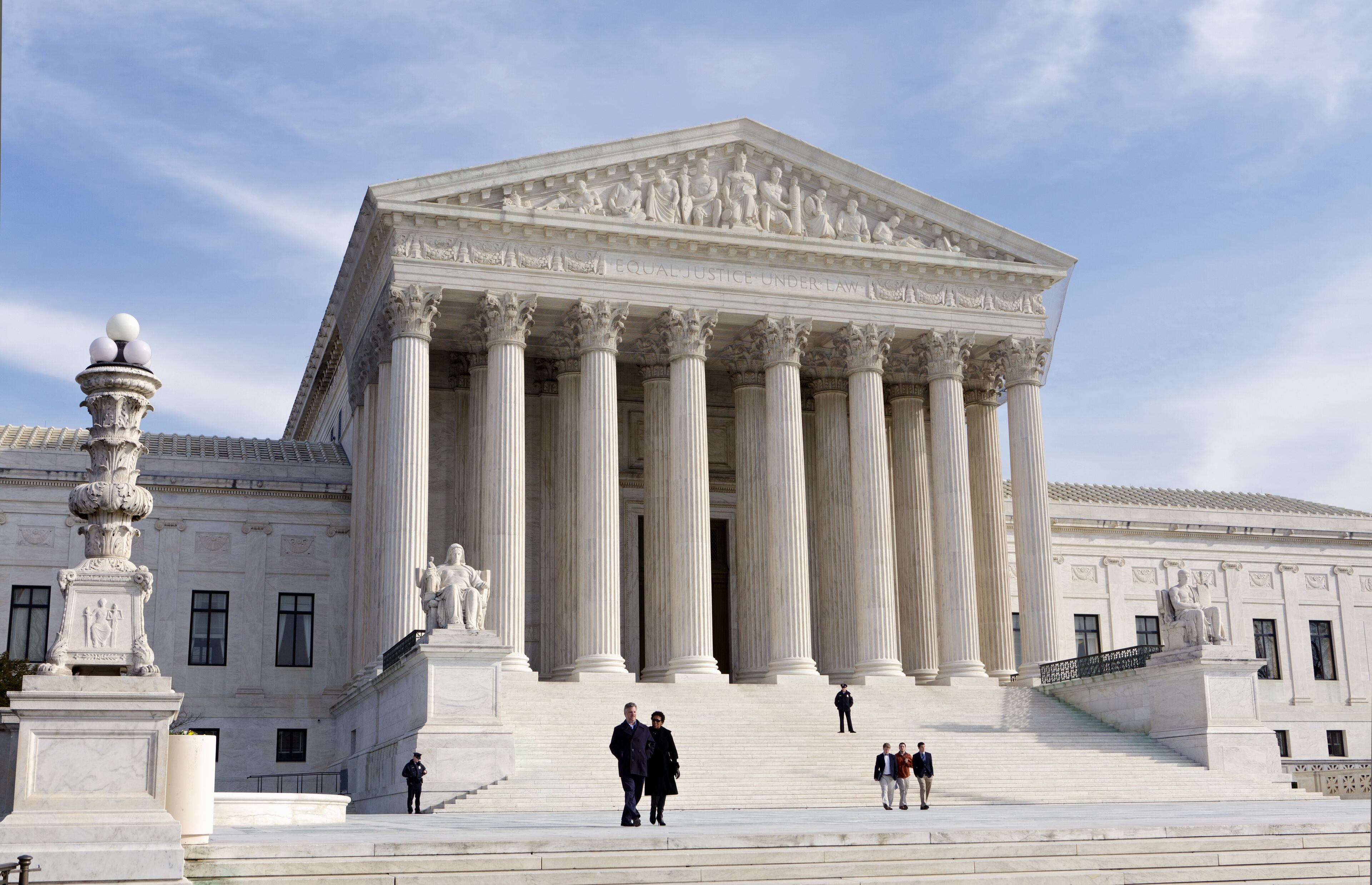Color-coded or color-blind admissions? Supreme Court will take up the complex question.
The U.S. Supreme Court agreed today to take up the question of affirmative action, revisiting race-conscious admissions outlined in Fisher v. the University of Texas.
In that 2013 case, the Supreme Court ruled that because the lower court did not hold the university to the "demanding burden of strict scrutiny articulated in Grutter v. Bollinger, and Regents of the University of California v. Bakke, its decision affirming the district court’s grant of summary judgment was incorrect."
In a vote of 7 to 1, the court remanded the case back to the 5th Circuit for review under the "strict scrutiny" standard. The appeals panel decreed the use of race to bring diversity to campus has valid grounds, writing, “This interest is compelled by the reality that university education is more the shaping of lives than the filling of heads with facts...We are persuaded that to deny UT Austin its limited use of race in its search for holistic diversity would hobble the richness of the educational experience.”
The high court’s willingness to reconsider the issue re-ignites a polarizing debate that is far from resolved in America.

The UT Austin case had its roots in a 2008 lawsuit by white student Abigail Fisher, denied admission to the flagship because she did not graduate in the top 10 percent of her high school class. Seventy-five percent of students admitted to the Austin campus reflect the “talented 10” policy that assures spots to students graduating in the upper ranks of their high school class. Fisher also did not make the cut for the remaining 25 percent of admissions based on multiple considerations, including race.
The Supreme Court tackled affirmative action in 2003 when it held the University of Michigan Law School's use of race as one factor in evaluating an applicant didn’t violate the bar on quotas set by the 1978 University of California v. Bakke decision. In the Grutter v. Bollinger decision, the Supreme Court found the University of Michigan had a compelling interest in ensuring admission of a "critical mass" of minority students.
Among those submitting amicus briefs to the Supreme Court in the Texas case is the Pacific Legal Foundation, which opposes race-based preferences in admissions. In a statement, Pacific Legal Foundation Principal Attorney Meriem L. Hubbard said:
Ideally, the justices should use their second look at this case as an opportunity to reconsider the controversial precedents that allow race-based admissions in limited circumstances. The use of race in admissions at the University of Texas can't be justified even under the court's existing precedents, but it is time for a new ruling recognizing that judging students and applicants by their skin color, for any purpose or in any context, violates the Constitution's guarantees of equal protection of the law."
I have written about this issue a lot over the years and come back to this point: Are college admissions ever fair?
As the AJC has documented in several reports, star athletes face a much lower bar to get into many colleges. Sought-after athletes are routinely admitted with lower SAT scores and grade point averages.
Colleges also re-calibrate their admissions standards for "legacy" students whose parents attended the campus or for children of a celebrity, a state leader or big donor.
How do we know Abigail Fisher lost the seat she felt she deserved at the University of Texas to a minority student? It could have been the niece of a Texas senator or a fleet-footed wide receiver.



